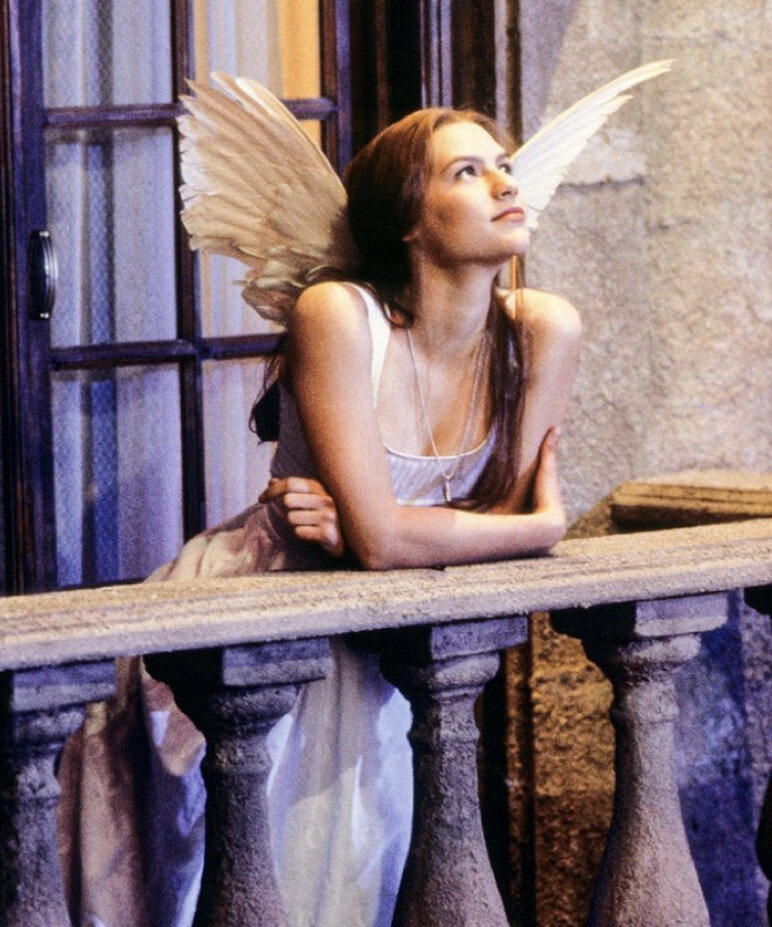INFP: The Mediator
Introvert, intuitive, feeling, and prospecting: the four personality traits that make up a Mediator, that makeup me.
I don’t remember the personality type I got the very first time I took the Meyer Briggs Personality Test. Maybe I did get INFP, and maybe not. The first time I answered all the questions was my freshman year of high school, and not wanting to reveal that sometimes I did like to spend time alone, I lied on most of the questions. I wanted to seem like an extrovert, and maybe at the time, I was.
Personality types can change, especially as one is going through the motions of teenage-hood and high school. As I go into my senior year, I can confidently say that I have changed.
When I took the test again this spring, I was not surprised at my result, because this time I didn’t lie on all of the questions. And when I read the description, it made sense for me: “they happily lose themselves in daydreams, inventing all sorts of stories and conversations in their minds. These personalities are known for their sensitivity – Mediators can have profound emotional responses to music, art, nature, and the people around them.”
After reading the description, I scrolled through the characters and note-worthy people who were also INFP’s. And there she was: a character that I had Identified with for almost my entire childhood. Luna Lovegood stuck out to me when I read the Harry Potter series in 4th grade, and here she was with the same personality type as me. Perhaps I was so fascinated by her as a child, that I grew into her mysticism and intuitiveness.
Sure, William Shakespeare and Johnny Depp were also on the page, but their presence did not mean as much to me as Luna Lovegood’s. From her, I learned to embrace my sense of self and value my interests. As she famously said: “You’re just as sane as I am.”
While INFP’s have many strengths that almost all relate to understanding feelings and people, there is one overwhelming weakness: being unrealistic.
When I set my sights on a project, it consumes me, and I work to finish it, no matter how uncreative I am feeling. For example, over the past year, I wrote a novel. I started it during quarantine and finished it in January. Every single day, I would write it during my business class, drowning out the sounds of my teacher’s power-point presentation. When I finished, there was nothing I wanted more in this world than for it to be published, and I was under the impression that it could happen immediately. Oh was I wrong: I was unrealistic.
But I would argue that being unrealistic is not always a weakness. Would I have written a book if I was realistic about my publishing opportunities (or lack thereof)? Most likely not.
I would say that one of the most defining characteristics of Mediators is how self-critical we can be.
The official description notes that “Mediators believe in their unique potential, and they desperately want to live up to it. But this can cause them to have unrealistic expectations for themselves. When Mediators fail to live up to these visions, they may accuse themselves of being useless or selfish or woefully inadequate. Taken too far, this self-criticism can discourage Mediators, leading them to give up on even their dearest dreams.”
Again, being unrealistic can lead to self-deprecation, but it can also lead to creative bursts and passion. This makes sense when you also consider that Frodo Baggins is an INFP: his quest to destroy the ring spanned three books that equaled 1178 pages.
Edward Cullen: the sulky and infamous hot-and-heavy vampire from the Twilight series, is also a Mediator. Being around 100 pages into Midnight Sun (Twilight from Edward’s perspective), part of me loves Edward’s thoughtfulness and devotion to Bella. He is drawn to her, but cannot completely trust himself. Another part of me loathes his obsession with her and his traditionalism (even though he is technically 108, but that is an entirely different conversation).
Edward’s combination of obsessiveness and thoughtfulness undoubtedly makes him a hopeless romantic: a key component of the way INFP’s view romantic relationships. This also made sense for me, as for my entire childhood, I tended to pine after fictional characters that fit this hopeless romantic mold: Peeta Mellark, Bella Swan, Mr. Darcy, and Laurie Lawrence.
Romeo and Juliet is perhaps the most famous story of hopeless romance. The play coves themes of family drama, and a love that seems eternal. Juliet is independent, witty, and has this sort of internal strength, ultimately forming her INFP personality. Juliet is a Mediator and Romeo is a Campaigner (ENFP).
Part of me loves my creativeness, intuition, and sensitiveness. But another part of me hates that I cry easily, and fall into lust too quickly. Mediators are often considered to be the saddest personality type: lost in their own thoughts about the universe and sometimes even lost in their loneliness.
I think that It can be quite beautiful: searching for the beauty in people and longing to dance under a streetlight in the pouring rain. Although they are emotionally vulnerable and deprecatingly unrealistic, Mediators can see the world through a lens of emotion, which I think is quite wonderful.


